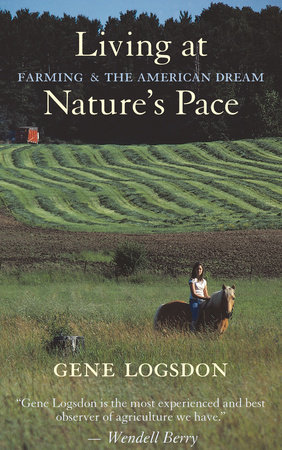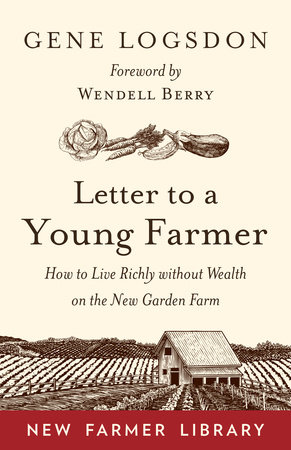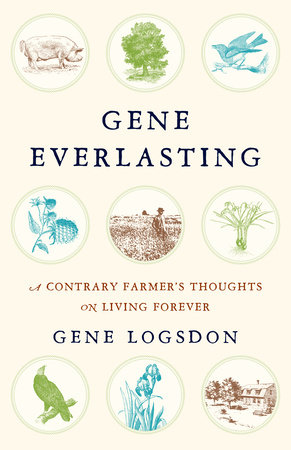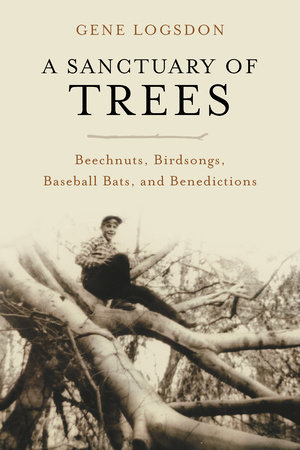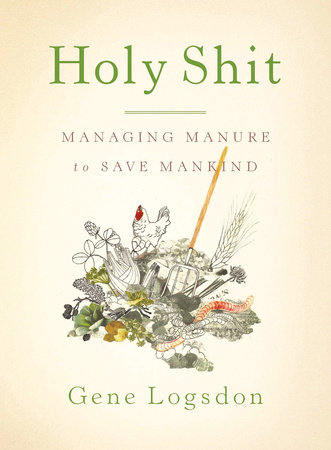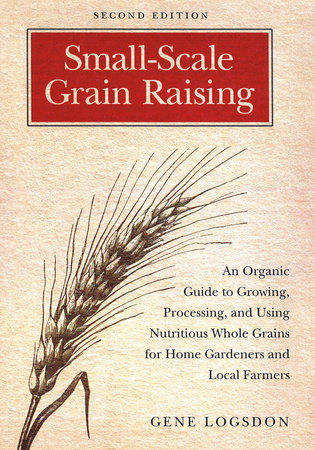Living at Nature's Pace: Farming and the American Dream
Author Gene Logsdon, Foreword by Wendell Berry
- Publish Date: February 01, 2000
- Format: eBook
- Category: Technology & Engineering - Agriculture - General
- Publisher: Chelsea Green
- Pages: 257
- US Price: $18.99
- CDN Price: $33.50
- ISBN: 978-1-60358-049-6
Reviews
“In this collection of essays reprinted from a variety of farm journals, a fourth-generation farmer in north-central Ohio looks at the current state of the family farm with cautious optimism. But Logsdon is sharply critical of agricultural education, charging that land grant colleges pay more attention to agribusiness and technology than to the moderate-size family farm. In one essay, he explores the relationship between farming and nature, tracing a cowpat full cycle to show how pastures and livestock complete the food web. The author talks to Amish farmers who illustrate exemplary care of the land; he describes small specialty farms, urban gardeners and organic farmers. He advocates a traditional farm with mixed livestock, crops, garden and orchard. Readers who garden or farm will be heartened by these essays.”—Publishers Weekly
“Logsdon is a farm writer and keen observer of the trends in American agriculture. In this collection of essays, written over a 12-year period (1980-92), he identifies the factors responsible for the decline of American agriculture and the demise of rural communities. Using his native Ohio as an example, he holds farmers, land grant colleges, farm organizations, and government officials accountable for sacrificing the long-term good in favor of short-term gains by operating farms that are labor- and chemical-intensive and economically and environmentally unsound. He predicts a rebirth of small-scale, profitable farms around the country using sustainable practices that will change the nation's attitudes concerning agriculture. Logsdon spent time observing an Amish community and was impressed by their formula for survival--a mixture of self-sufficiency, sustainable farming business acumen, and family life. Recommended for all readers who long for a return to traditional farming practices.”—Library Journal
“Logsdon is as impersonal as a politician seeking office in these essays on the small commercial farmer. The operant word is commercial, for Logsdon is no gentleman farmer. Although he writes about the spiritual rewards of farming, he always counterposes to them the thoroughly material woes suffered by the small "food and fiber producer"--his term for farmer. Such attention to terminology bespeaks Logsdon's resistance to the conventional wisdoms of the agribusiness executive, the noble ecological farmer, and even his constituency, the vanishing commercial farmer. It indicates, too, three pervasive features of his writing: tough-mindedness, historical perspective, and close attention to particularities. Thus, when he discusses the decline of the small commercial farmer, he invokes not some vague urban alienation but the changing curriculum in the department of agriculture at Ohio State; and when he writes about small farmers, he describes in detail--skillfully enough to shame most professional ethnographers--extended conversations in the Pour House restaurant. So we take seriously his prophecy that small farming will revive. Even should it fail, his writing documents with rare honesty and perspicacity a calling that has become all but invisible to most of us.”—Booklist
“The author (Two Acre Eden, 1971) has written a good deal about farming in books and articles, and these essays (1980-92) were written, by Logsdon's own admission, “out of anger'' at the decline of rural society, the result, he believes, of “a nation's greed.'' Here he targets some root causes--from educational, media and governmental malfeasances. In 1986 Logsdon took on some of the thorny matters leading to “agricultural suicide'': the emphasis on surplus, insuring market glut; interest-rate devilment; and particularly the 70's boom psychology, then the lowering inflation, undercutting the paper- rich farmer who'd learned to borrow money, buy a farm and buy another when the price rose. In a 1980 essay, Logsdon has an instructive imaginary dialogue with three model farmers—“agribusiness''; the middle-income farmer; and--the happiest--the small farmer. (Definitely teacher's pet, this last is the skilled farmer like the Amish variety Logsdon admires: doesn't borrow or buy new equipment, rotates crops, uses no herbicide, etc.) In other essays, Logsdon comes down heavily on the side of the small-scale farm, which diversifies with complementary, independent farm units. He has pleasant things to say about horses and old tools, all economically sound. He is merciless, though, in his precision- bombing of the colleges of agriculture, mere “havens for golf-turf science'' and for the waste of soil through heavy machinery, toxic chemicals, and erosion. The closing essays are nice appreciations of woodcutters' pleasures and of viewing the acres (Logsdon paces his in Ohio.) With an introduction by poet Wendell Berry, a sturdy blast for the rural life. Good reading for farmers and Aggie majors and for those who might ponder, as consumers, Logsdon's caveat: “It is cheaper to raise a zucchini in your garden than on your megafarm.''—Kirkus Reviews
